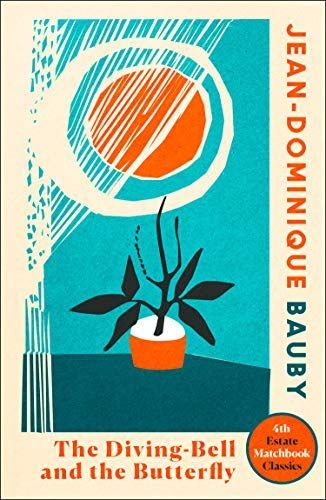
The Diving-Bell and the Butterfly (4th Estate Matchbook Classics)
One of the most remarkable memoirs ever written. One of the ten books - novels, memoirs and one very unusual biography - that make up our Matchbook Classics' series, a stunningly redesigned collection of some of the best loved titles on our backlist.
Reviews
Mary Makarious@ms_marymak
natalie@ildonodellavita
Nelson Zagalo@nzagalo
Georgia Carr@greatgatsbys
Melody Izard@mizard
Kath Lau@kath_reads
Daryl Houston@dllh
Anne-Birth Kers@abkers
Janet Doré@vistacanas
Thaddeus Cortez@kilgore
Sarah Erle@serle
Gabe Cortez@gabegortez
Olivia@olivia11235813
Heather Margaret@heatherdarling
olivia castanza@ocastanza
so@softer
Ciel Zero@clumsyciel
Anthony C@nthnycsnva
Leonardo Gavaudan@leonardogavaudan
kyra@witchfl00
Juliana@soundly
Aimee Tsang@aimeetsang
MK@easyfriday
Kei demand @kdemand